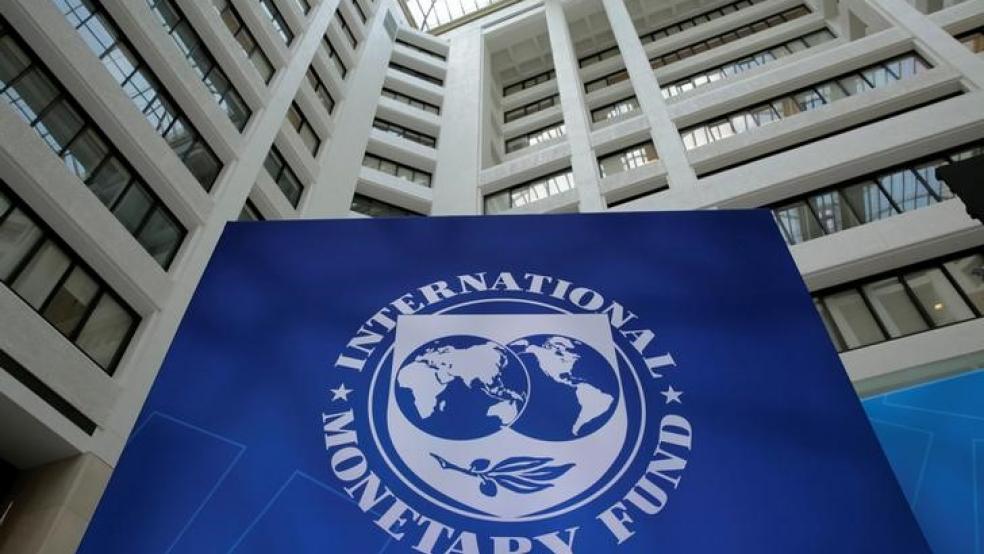WASHINGTON (Reuters) - Iran on Friday called on the United States and the European Union to help it access the global financial system, including assets that Tehran says were supposed to be unfrozen following its historic nuclear deal with major international powers.
"They need to do whatever is needed to honor their commitments," Iranian central bank Governor Valiollah Seif said at an event on the sidelines of the International Monetary Fund and World Bank spring meetings in Washington. "Otherwise the JCPOA (Iran nuclear deal) breaks up under its own terms," he said.Seif met with U.S. Treasury Secretary Jack Lew on Thursday and said they discussed Iran's expectations under the July 2015 nuclear agreement. Under that deal, Iran agreed to limit its nuclear program in exchange for improved access to the global economy, including the dropping of certain economic sanctions. Lew told Seif at that meeting that the United States would keep meeting "its sanctions-related commitments in good faith" as long as Iran continues to uphold its end of the bargain, a Treasury official said in a statement.Iran is increasingly exacerbated that few trade deals are going through as foreign banks shy away from processing transactions with the country even after the nuclear-related sanctions were lifted. "In general we are not able to use our frozen funds abroad," Seif said. Iranian hopes of rapidly ending the country's economic isolation are fading as European banks in particular, some of which have already been hit by hit huge U.S. fines for sanctions busting, fear falling afoul of the many other restrictions imposed by Washington that remain in force."We want both sides of this agreement, especially the U.S., to take the required measures to remove the obstacles," Seif said.He urged Iran's partners in the deal to hold more "face-to-face contacts" with international bankers to assure them they won't be penalized for working with Tehran. He said the United States needed to make changes to its laws and regulations to give Iran access to the U.S. financial system.U.S. banks are still forbidden to do business with Iran. While lenders based elsewhere are not covered by this ban, major problems remain, mainly rules prohibiting transactions in dollars from being processed through the U.S. financial system. (Reporting by Jason Lange; Editing by Paul Simao)Iran calls on U.S., EU to help it access global financial system

Yuri Gripas



